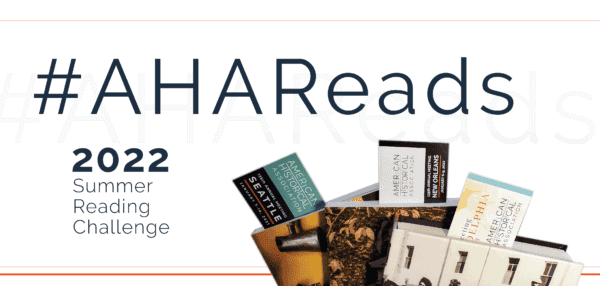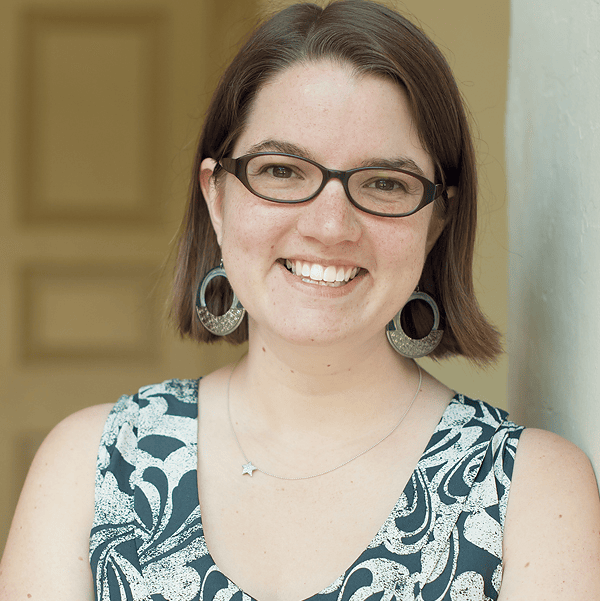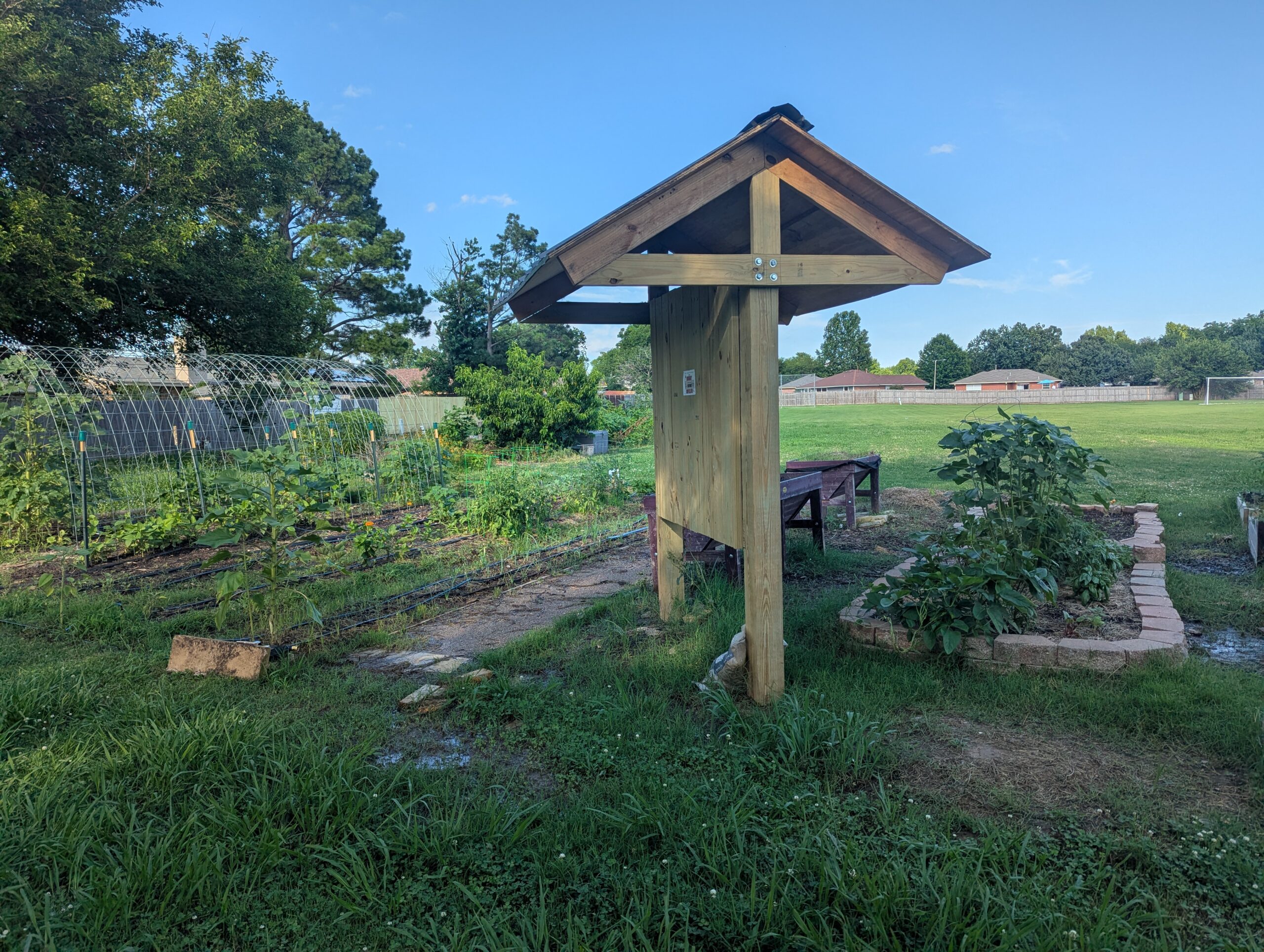As June comes to a close, we are coming to the end of the first month of the AHA Summer Reading Challenge. We asked AHA members, Council, and staff to share with us what history they had read in June to fulfill tasks in #AHAReads and we’ve compiled some of their responses.

AHA Reads
Read a “classic” of your field that you’ve never read before.
Claire Boyle (DePaul Univ.) checked out Eric Foner’s Who Owns History? Rethinking the Past in a Changing World.
Kristen C. Howard (McGill Univ. Library) went for a classic microhistory with Carlo Ginzburg’s The Cheese and the Worms: The Cosmos of a Sixteenth-Century Miller.
Raquel A. Otheguy Schwiep (Bronx Community Coll., CUNY) says she finally read Black Marxism by Cedric Robinson.
Read a history published in the past two years.
Laura Ansley (AHA managing editor) spent the Friday before the holiday reading On Juneteenth by Annette Gordon-Reed, a slim yet powerful mixture of memoir and history.
Shannon Bontrager (Georgia Highlands Coll., Cartersville, and AHA Council) picked Jack Noe’s Contesting Commemoration: The 1876 Centennial, Independence Day, and the Reconstruction-Era South, a timely selection as we approach the 250th anniversary of the Declaration of Independence.
Janice Brockley (Jackson State Univ.) enjoyed the whole new context and explanation Laura F. Edwards provides for the history of clothing in her new book, Only the Clothes on Her Back: Clothing and the Hidden History of Power in the Nineteenth-Century United States.
Jodi Greene (Reading Area Community Coll.) dove into Kate Moore’s The Woman They Could Not Silence: One Woman, Her Incredible Fight for Freedom, and the Men who Tried to Make Her Disappear, detailing the disturbing history of 19th-century psychiatric care in the United States.
Hope Shannon (AHA marketing and engagement manager) chose Alex Wellerstein’s Restricted Data: The History of Nuclear Secrecy in the United States and learned more about chemistry than she has since high school.
Read a piece of historical fiction (novel, story, poem, play) set in the time or place you study.
Laura Ansley also completed this task in June, spending some time in Gilded Age New York City with the latest romance novel from Joanna Shupe, The Bride Goes Rogue.
Tanya Roth (Mary Institute and Saint Louis Country Day School) picked Tsering Yangsom Lama’s We Measure the Earth with Our Bodies to complete the historical fiction task.
Jonathan D. Sassi (Coll. of Staten Island and the Graduate Center, CUNY) does not often read historical fiction, but he selected The Turncoat’s Widow: A Revolutionary War Mystery by Mally Becker to complete this task.
Patrick Sheridan (Univ. of Georgia) tweeted that his historical fiction pick was Fannie Flagg’s Fried Green Tomatoes at the Whistle Stop Cafe.
Ángela Vergara (California State Univ., Los Angeles) checked out “a fun and super fast novel to read:” Velvet Was the Night, a noir set in 1970s Mexico City by Silvia Moreno-Garcia.
Read a history written by a historian who works in a day job different from your own.
Both Darcy Fryer (Brearley School) and Alexandra Levy (AHA communications manager) read Richard White’s Who Killed Jane Stanford? A Gilded Age Tale of Murder, Deceit, Spirits and the Birth of a University, which Fryer described as “both a broad account of the tumultuous early years of Stanford University and a puzzling whodunnit.”
Sara Georgini (Massachusetts Historical Society and AHA Council) delved into The Great Republic: A History of America by Sir Winston Churchill (someone who had a very different day job from Sara).
Makoto Hunter (Univ. of California, Santa Barbara) read Fears of a Setting Sun: The Disillusionment of America’s Founders by Dennis C. Rasmussen.
Jake Purcell (AHA meetings and events associate) just moved to our nation’s capital to join the AHA staff, and so he started his challenge with A Queer Capital: A History of Gay Life in Washington, DC by Genny Beemyn.
It’s not too late to join the challenge! Simply select three or more tasks to complete before Labor Day. We encourage participants to post about what they’re reading on the AHA Member Forum or on social media using the hashtag #AHAReads. You might see your books show up in a future post on Perspectives Daily.
This work is licensed under a Creative Commons Attribution-NonCommercial-NoDerivatives 4.0 International License. Attribution must provide author name, article title, Perspectives on History, date of publication, and a link to this page. This license applies only to the article, not to text or images used here by permission.



